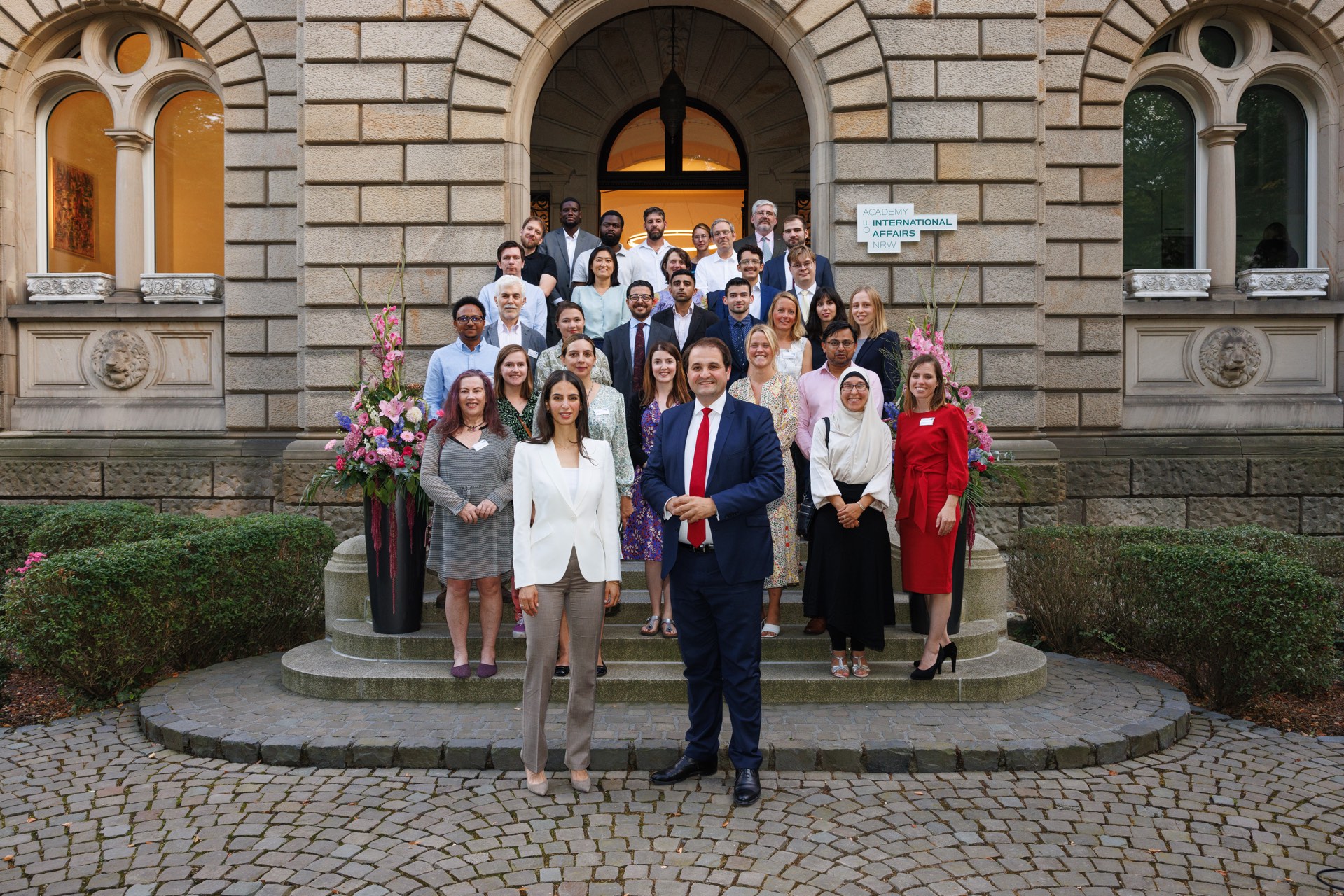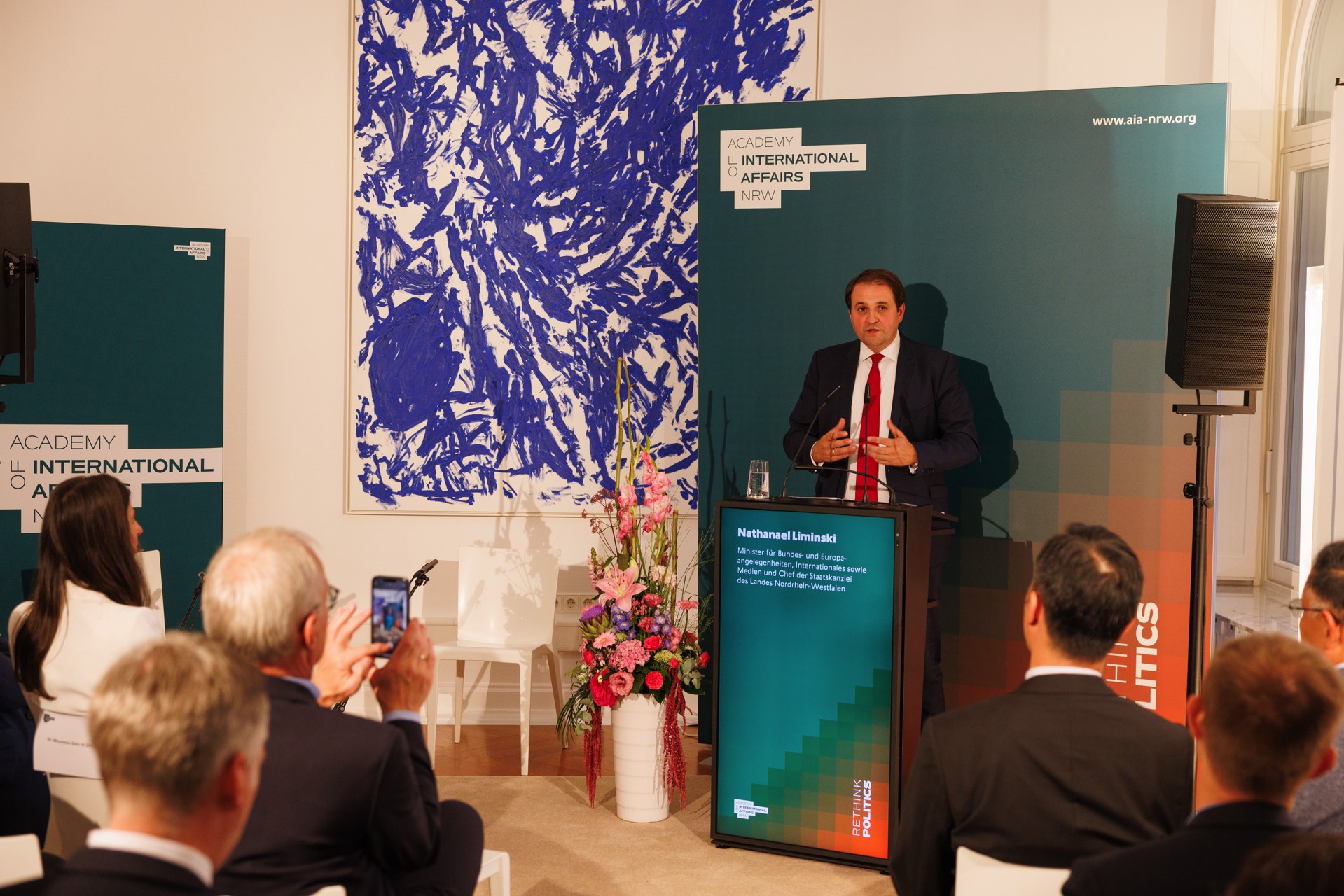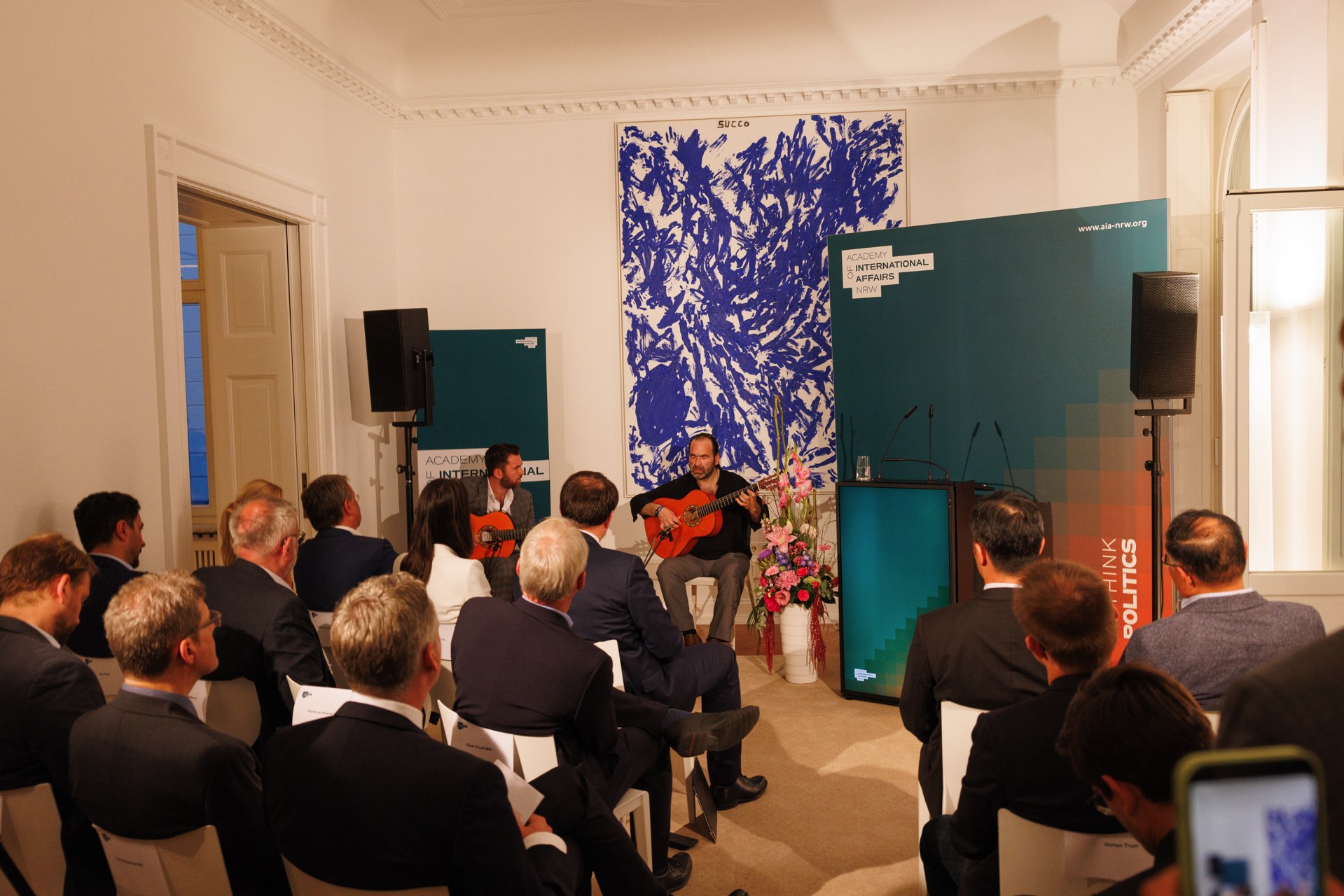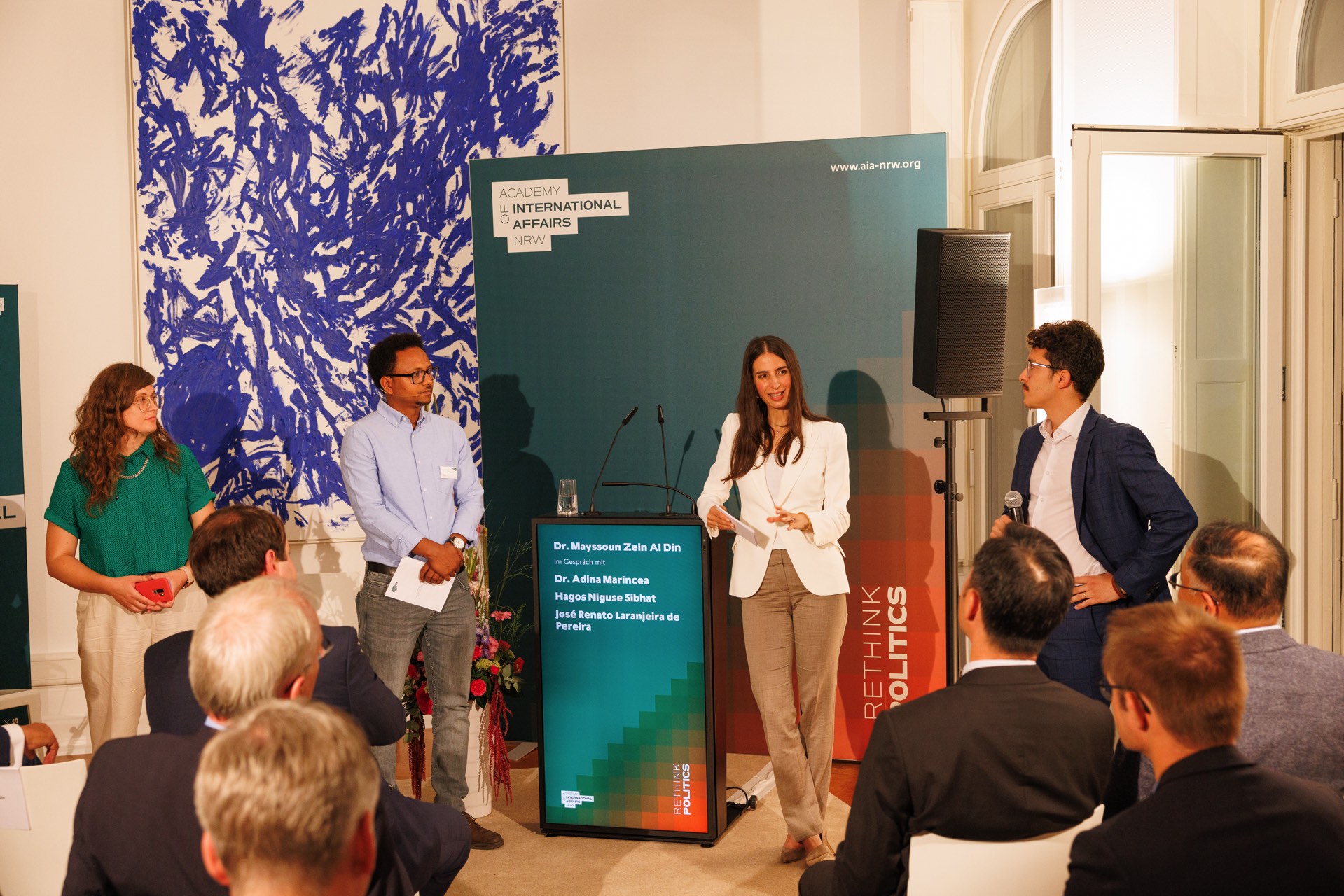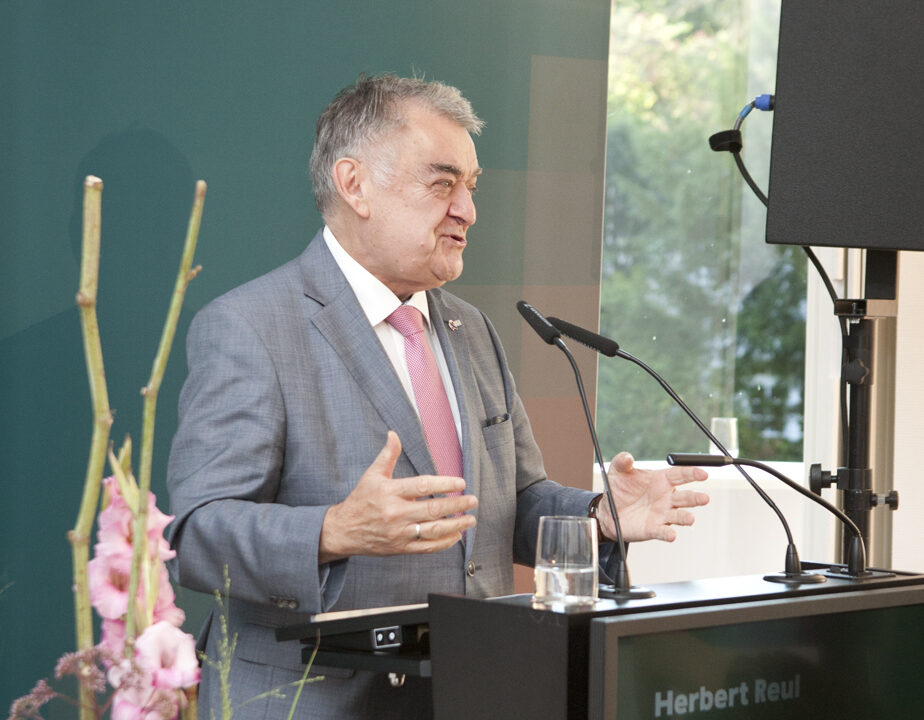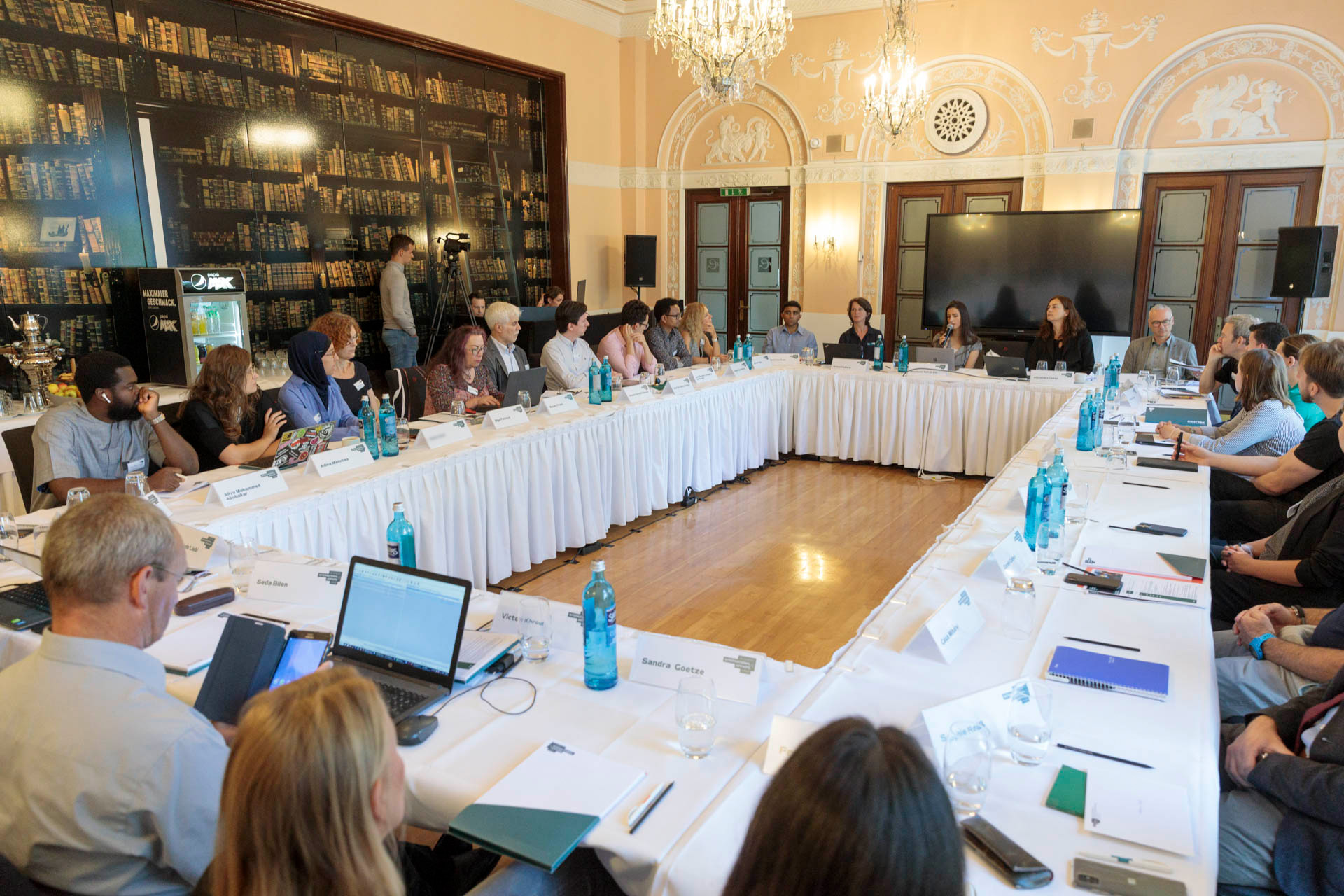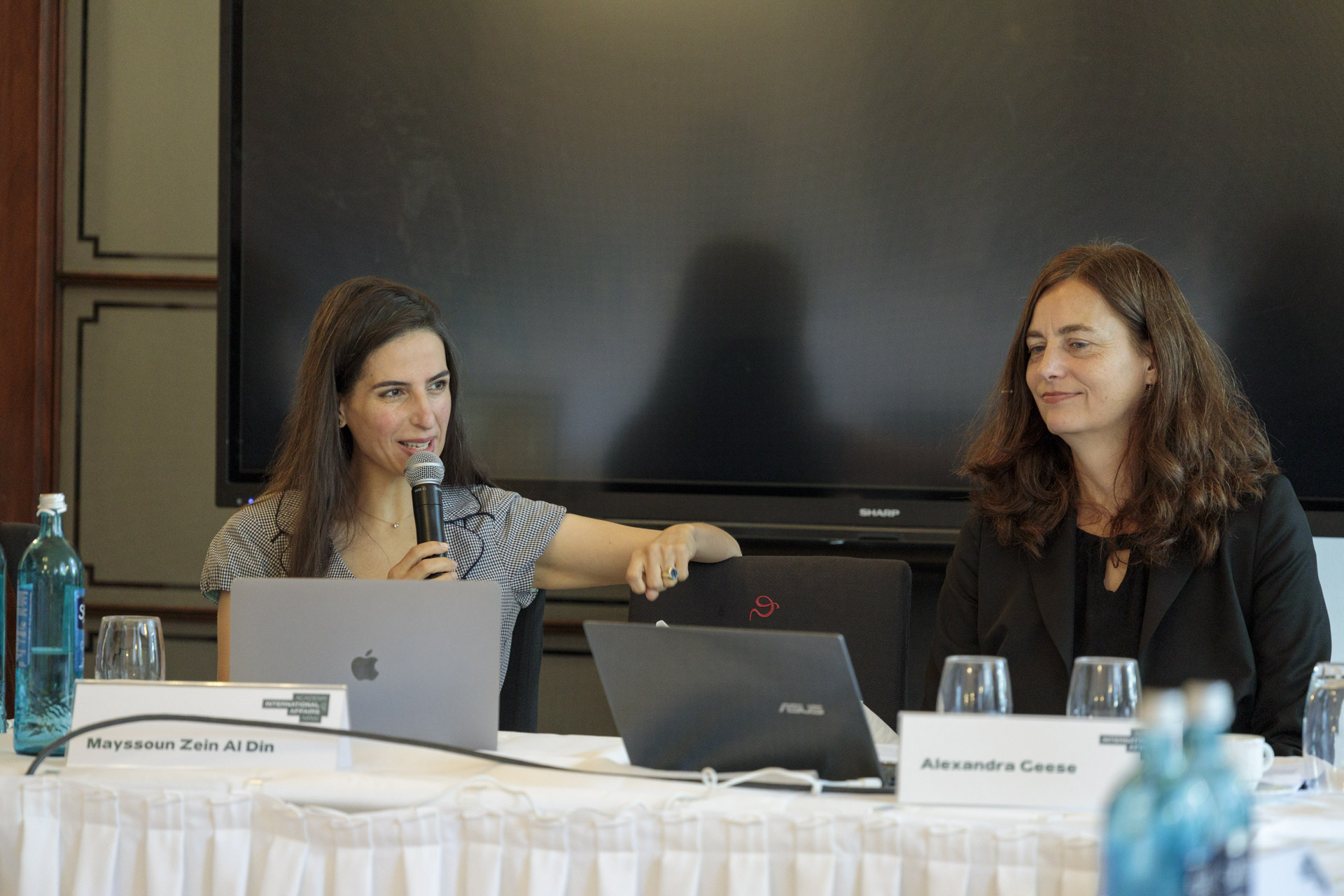Social Media and International Relations
In the wake of the “Arab Spring” and the social protests related to the financial crisis, there was a widespread enthusiasm about the role that social media channels can play for democratic protest movements. Ten years later the euphoria over new, democratic opportunities for communication and political opinion-forming online has largely given way to disillusionment. It has now long been the case that the collective political movements being formed through social media are not just grassroots and democratic in kind, and they are using social media for populist, propagandist and at times openly anti-democratic disinformation campaigns. Their intentions and intitiators are becoming ever harder to trace: we can no longer tell bots from humans, while astroturfing mimics spontaneous grassroots movements in order to manipulate masses of people.
Propaganda, disinformation and fake news are not new phenomena, but the medium of the new technologies has enormously increased opportunities for diffusing them. As well as states and political parties, many other players have now become involved, acting on commercial or ideological grounds, on their own initiative or commissioned by others, and exert influence effectively on domestic and international political attitudes. The intentional creation and diffusion of false reports has long since become a tried and tested instrument in international politics.
Yet the communication between long established elements of international politics has changed too. What does it mean when Twitter and co are employed as a medium of direct, cross-border communication in foreign policy? What effects does it have on international understanding and negotiations when social media channels are being played even in diplomacy? What are the political consequences for the public sphere and how has it changed?
At the Summer Academy the effects of social media use on international politics will be discussed with experts from academia and politics.
Here you can download the programme of the Summer Academy:
